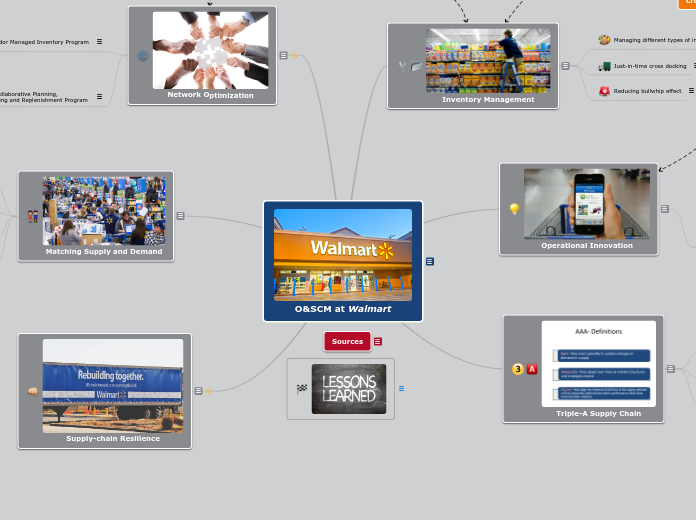av RYAN AGIL för 6 årar sedan
273
Innovation and Invention
The concept of innovation involves the development of new methods, ideas, or products that address emerging or existing needs. It differs from invention, which is the creation of a novel idea or technology that proves to be workable.









